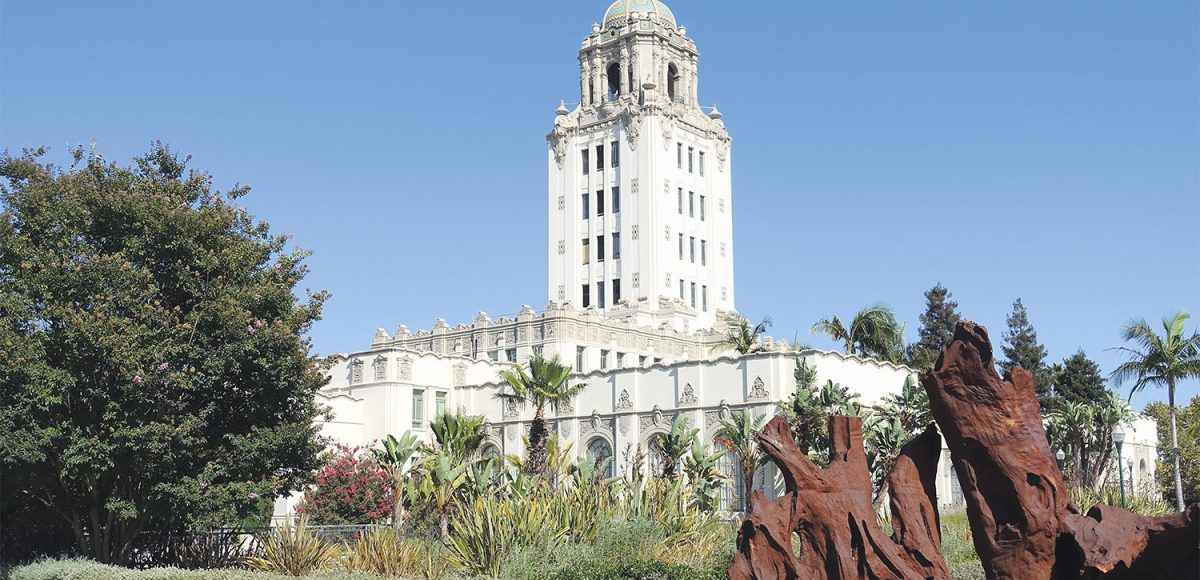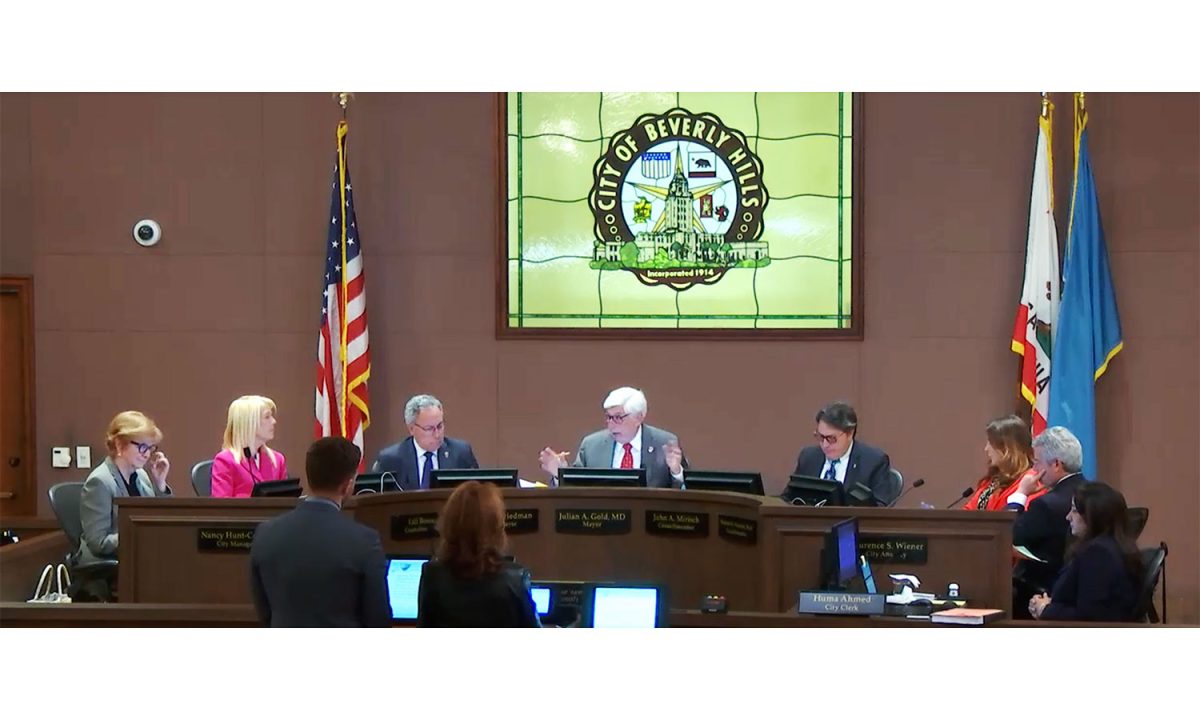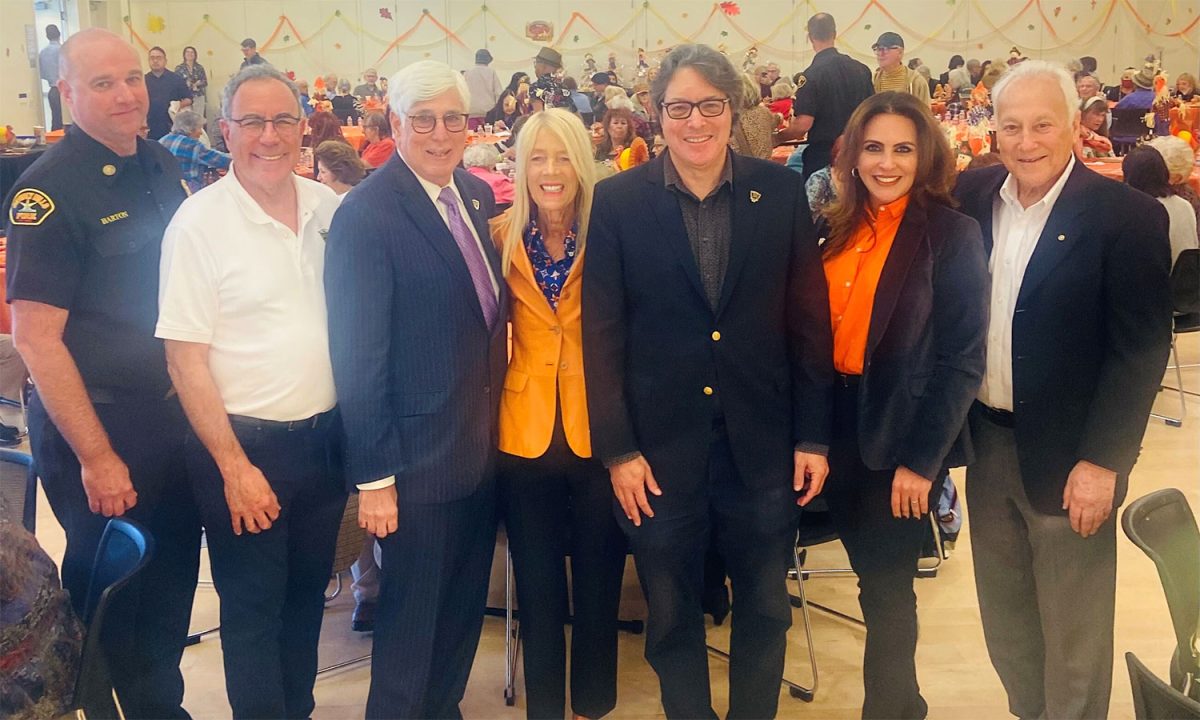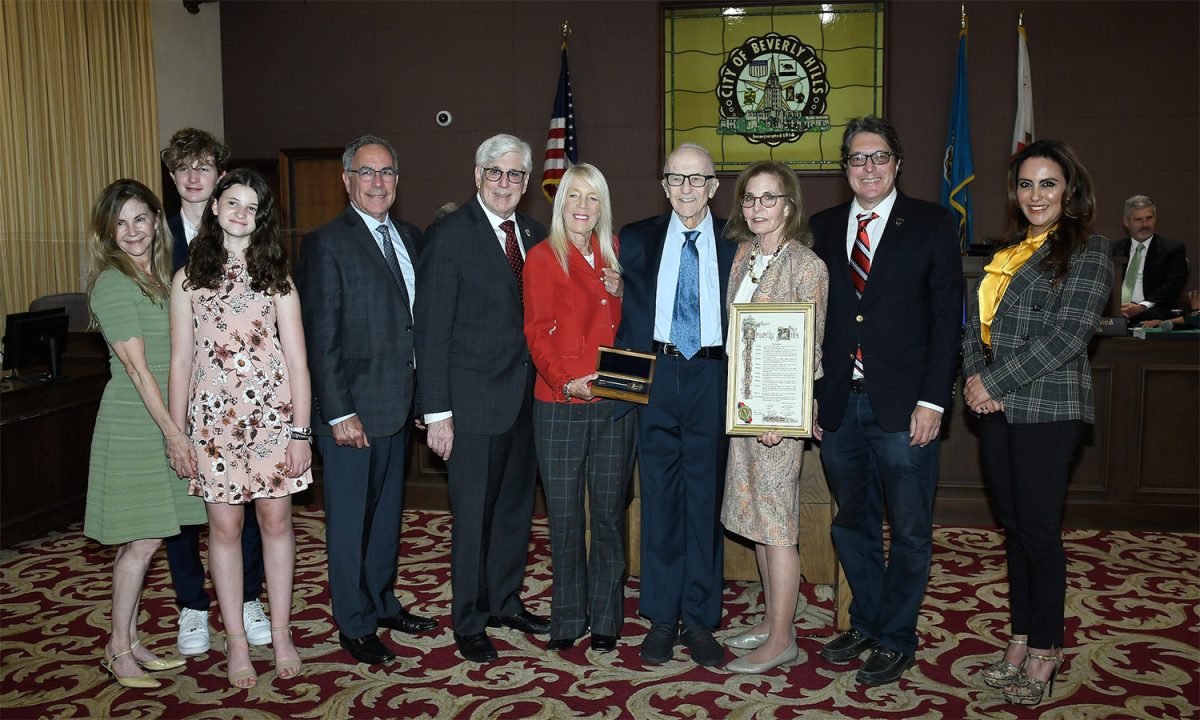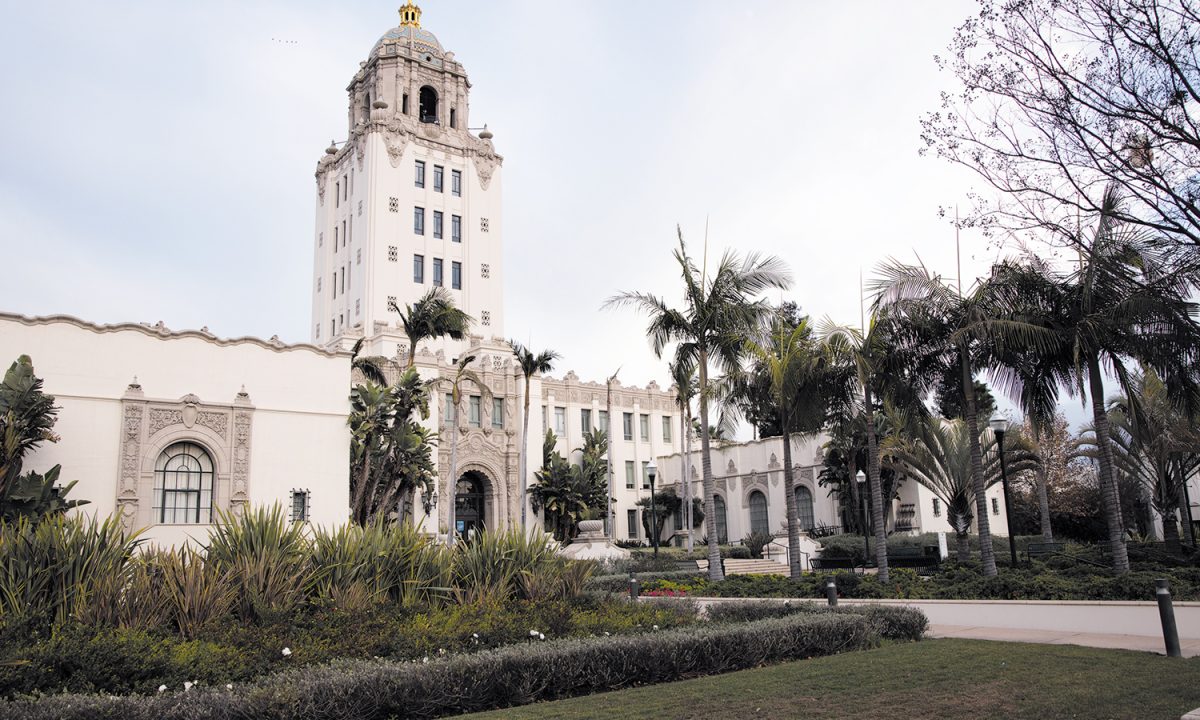Members of the Beverly Hills City Council proposed limits on citizens’ ability to respond to developers or lobbyists during public hearings in order to streamline proceedings on Feb. 6, amid criticism from residents concerned about transparency and accountability in local government.
The changes to procedure were debated at the City Council’s most recent Study Session, and involve quasi-judicial proceedings heard by them or standing committees like the Beverly Hills Planning Commission. These can wind up deciding a wide variety of topics ranging from controversial zoning requests, to deadlocked labor disputes with unions representing city employees and more.
Existing practices were formed in 2018 and 2019 based on recommendations from the Mayor’s Sunshine Task Force, a body created to promote transparency and public engagement in local government. Currently, public comment takes place before a petitioner is heard by council or commissioners, after that lobbying party has made their presentation and immediately after the applicant responds to the previous rounds of public comment.
Parties on either side of an issue get the opportunity to rebut the other’s arguments an unlimited number of times.
A discussion on making those hearings more efficient was scheduled at the request of Mayor Dr. Julian Gold and Vice Mayor Lester Friedman. They noted that people who comment before presentations do so without the benefit of information brought forth by relevant parties. They also pointed out that rebuttals toward the end of a hearing are supposed to be limited to specific points raised during discussion. But members of the public sometimes go off topic, and that can extend or derail meetings far into the evening, Friedman said.
“We’ve gone to this program that is extremely complicated and time consuming, and really doesn’t yield much by way of further information,” Friedman said.
Councilmember Sharona Nazarian noted the importance of giving residents a voice. However, she said hearings need to be simplified because proceedings are so convoluted in their current form that they can be difficult for both council members and observers to follow. She was also in support of putting some restrictions on the public’s opportunities to be heard at those meetings.
She suggested limiting public comment to one window after applicants present their case, and then a second after a lobbyist responds to any statements from the public. Those petitioning the city would then get a chance to make one more final rebuttal, essentially giving them the last word before a matter is handed to council or commissioners for a decision.
Friedman and Gold were amenable to Nazarian’s suggestions. Councilmember Lili Bosse was not present for the discussion.
Councilmember John Mirisch argued that members of the community should be given the final word over potentially well-financed lobbyists, and the current system ensures that.
The proposed changes are subject to further revision. The matter is expected to return for discussion at the City Council’s next Study Session on Feb. 20.
“If the procedures need to be re-tweaked to make things work better, I can support that as long as the goal is achieved,” Debbie Weiss, a member of the Sunshine Task Force at the time current protocol was developed, said ahead of council’s discussion. “And the goal is to ensure that the Planning Commission and the City Council receive the most accurate information possible. And the public speakers need to be afforded the opportunity to correct any misstatements presented by the applicant. It is critical that the public be able to rebut.”
Weiss was one of eight residents who raised concerns about the possibility of curtailing public comment. Others included current city council candidate and planning commissioner Myra Demeter, as well as former planning commissioner Peter Ostroff. His term on the commission ended at the end of 2023, and he is also a columnist for the Courier.
Some in support of retaining more public comment at hearings said the Sunshine Task Force should weigh in before any changes are made. Others pointed out that any changes should be up to the next city council to decide following the municipal election on March 5.
Those who gave comments on the matter urged the current city council members to be more considerate of residents’ right to be heard by elected officials. Several said limiting opportunities for people to speak during hearings would give the impression that local officials do not value public input. At least one accused them of being “tone deaf.” No members of the general public who addressed council either in person, over the phone or online at the study session were in favor of the proposed changes.



